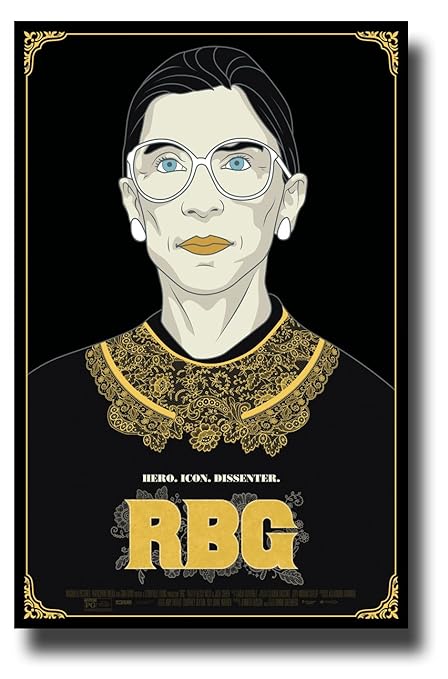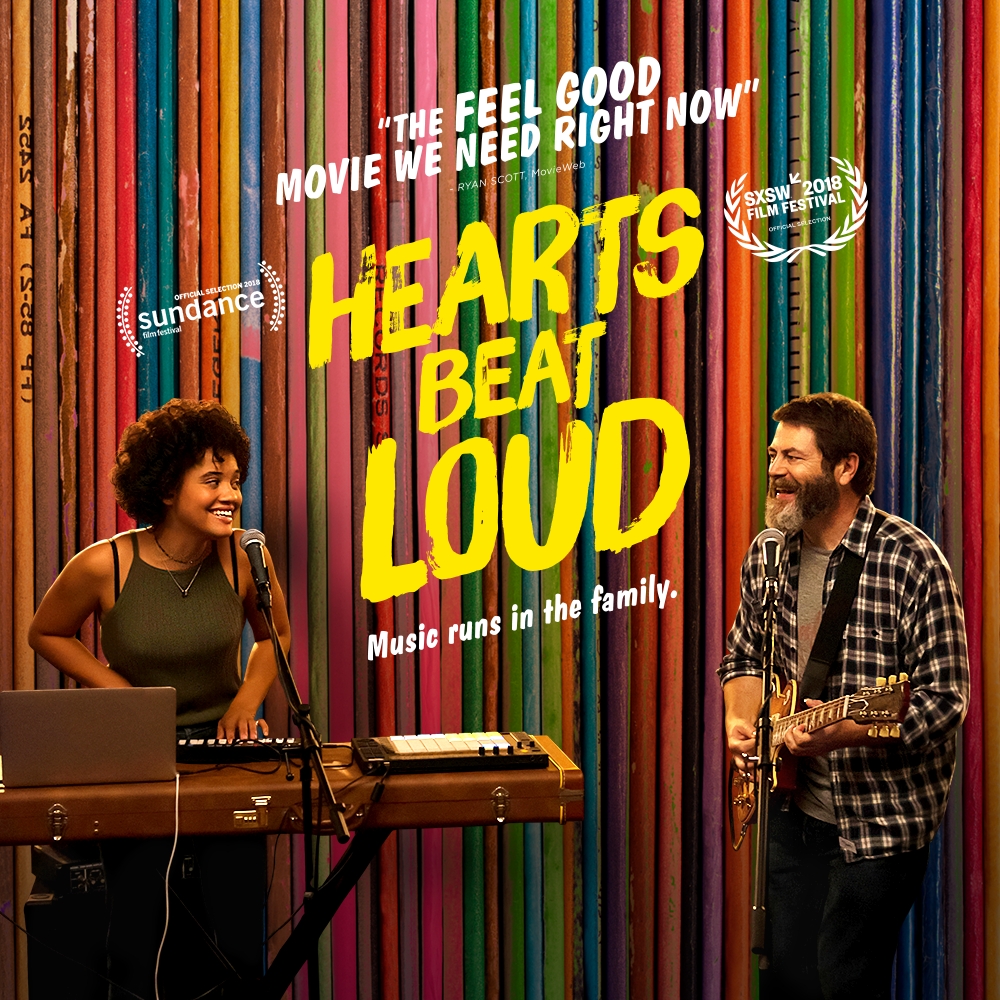Every year the summer movie season comes along — its an American ritual. Well, the season has ended and it’s time to make my report. Each summer, the movies have something to offer, sometimes more and sometimes less. I thought that this year was particularly rewarding. I saw more movies this summer than usual, I didn’t see anything that I didn’t like, and some movies — like First Reformed, Won't You Be My Neighbor?, and Eighth Grade — were truly great.
Here are the movies I saw in order of release date:
Tully (Released May 4) (Metacritic score 75) This is one of those movies that, if you say anything at all about it, you’ve said too much. It was written by Diablo Cody, of Juno fame. It stars Charlize Theron as a wife and mom of two children, one of whom is vaguely troubled, and a third is on the way. She’s overworked and can’t seem to keep up. But, I stop there, and let you find out what happens. It’s definitely an interesting movie and, while it may not be on the must-see list, is worth viewing.
Here are the movies I saw in order of release date:
Tully (Released May 4) (Metacritic score 75) This is one of those movies that, if you say anything at all about it, you’ve said too much. It was written by Diablo Cody, of Juno fame. It stars Charlize Theron as a wife and mom of two children, one of whom is vaguely troubled, and a third is on the way. She’s overworked and can’t seem to keep up. But, I stop there, and let you find out what happens. It’s definitely an interesting movie and, while it may not be on the must-see list, is worth viewing.
RBG (Released May 4) (Metacritic score 72) Sue and I liked this perfectly decent documentary on Ruth Bader Ginsberg perhaps a bit more than the average person. In some ways, the movie was not just about Justice Ginsberg but was about us. The landmark Supreme Court cases that she handled as an attorney, we all read in law school. And then her opinions -- United States v. Virginia (striking down VMI’s all-male admissions policy); her dissent in Bush v. Gore, which she began by saying “I dissent,” without the customary modifier “respectfully”); and Olmstead v. LC (interpreting the “integration mandate” of the ADA to require placement of persons with mental disabilities in community settings when recommended by treating professionals) – became part of our history and ultimately effected our legal practice. So, the movie was a bit of a walk down memory lane.
First Reformed (Released May 18) (Metacritic score 85) We could debate about whether this movie was too pretentious, but I supremely liked it. At long last we have a movie that takes religion seriously. It gives life to the line I often quote from Michael Polanyi: “The truth of the matter is that we may not feel better, or be ‘better off,’ if we embrace religion. We may instead reap suffering, struggle and sacrifice.”
Hearts Beat Loud (Released June 8) (Metacritic score 67) I wouldn’t blame you if you wished that there were more plot to this movie, but I still enjoyed it plenty. It vaguely recalls the movie Once: it’s all about the music. But, instead of Dublin, there’s Brooklyn. Instead of Glen Hansard, there’s Nick Offerman. And, instead of Markéta Irglová, there’s the relative newcomer Kiersey Clemons. And, like Once, the music’s pretty good.
Won't You Be My Neighbor? (Released June 8) (Metacritic score 85) This was an unexpectedly satisfying movie. Without seeing it, I couldn’t have imagined how a movie about Fred Rogers could be this good. It was very moving – and a great antidote to the mean and oafish bombast we constantly hear on the news.
Incredibles 2 (Released June 15) (Metacritic score 80) Incredibles 2 moves away from the Nietzschean ethics of the first Incredibles movie that suggested that the strong should not be punished or held back by the weak. (The right of “those powerful in body and soul” “to be there, the priority of the bell with a clear ring over the discordant and cracked one, is clearly a thousand times greater….”) Instead of bemoaning the unfair treatment of the Supers, the focus of the second Incredibles is that we hurt ourselves by not supporting the Supers. Not everyone is capable of doing everything. The Supers can help us, and we should be willing to accept that help. This is the opposite of the current Trump tirade against elites, best expressed by Wayne LaPierre of the National Rifle Association: “It’s up to us to speak up against the three most dangerous voices in America: academic elites, political elites, and media elites. These are America’s greatest domestic threats.” So, what I hear from Incredibles 2 is that we should listen to the climate change scientists, veteran state department officials and physicians because they know more than we do. This movie is more anti-Trump than pro Nietzsche.
Leave No Trace (Released June 29) (Metacritic score 88) You might be tempted to call this movie Captain Fantastic II, insofar as it’s also about a widowed father living with offspring off the grid. But the father, played by Ben Foster, is much more human and accessible than Aragorn, who played the father in Captain Fantastic. And, once the premise is established, the movie goes off in a totally new direction. Interestingly, this movie presents a totally different take on being 13. (see Eighth Gradereview)
Eighth Grade (Released July 13) (Metacritic score 90) Molly Ringwald, who made her name in teen coming-of-age movies in the 80’s, has tweeted that Eighth Gradeis “the best movie about adolescence I’ve seen in a long time. Maybe ever.” I may well agree. It captures in a way few other movies do the angst and awkwardness of being 13.
BlacKkKlansman (Released August 10, 2018) (Metacritic score 83) This was a very enjoyable movie. Among other things, you get a little bit of everything: it’s a comedy, a thriller, a social commentary, a buddy movie, and probably a few other things. Plus, it’s got as its leads Denzel Washington’s son, John David Washington, and Adam Driver, taking a break from his duties as Kylo Ren in the Star Wars franchise. And, while there’s a lot of invention in this movie, it’s based on former police officer Ron Stallworth’s memoir Black Klansman.








